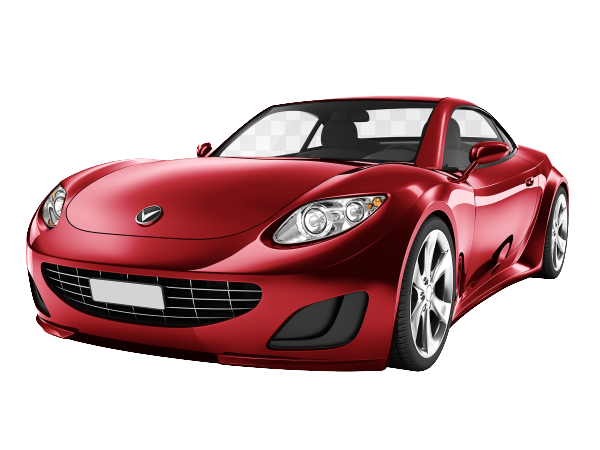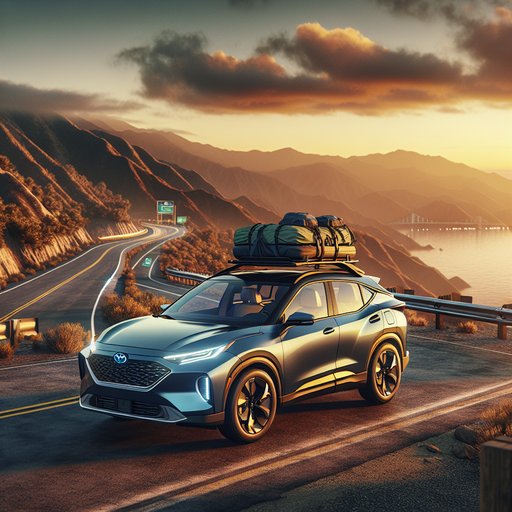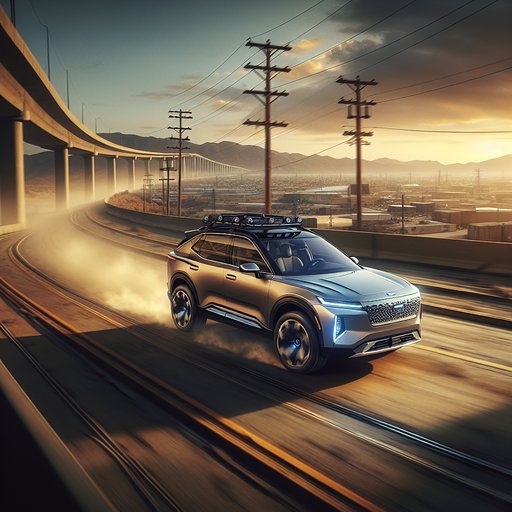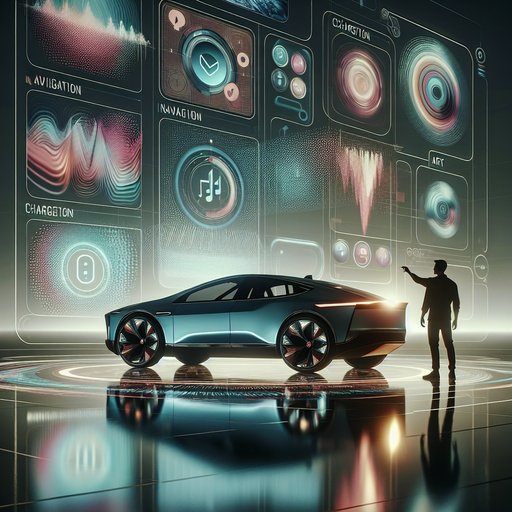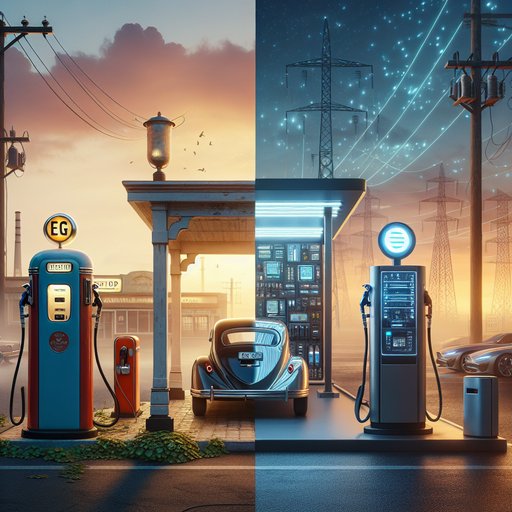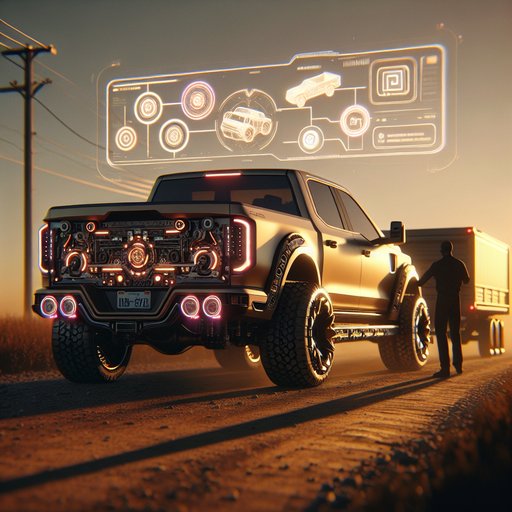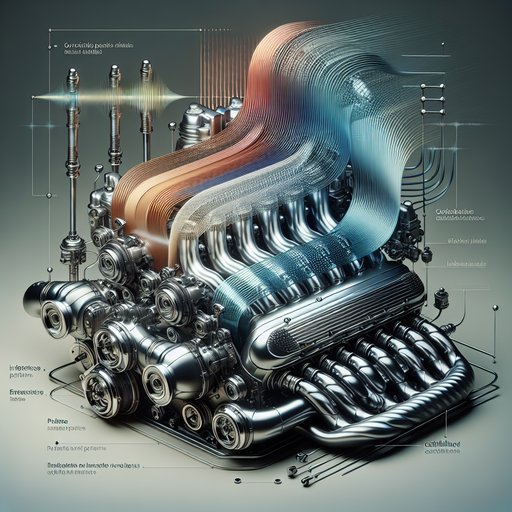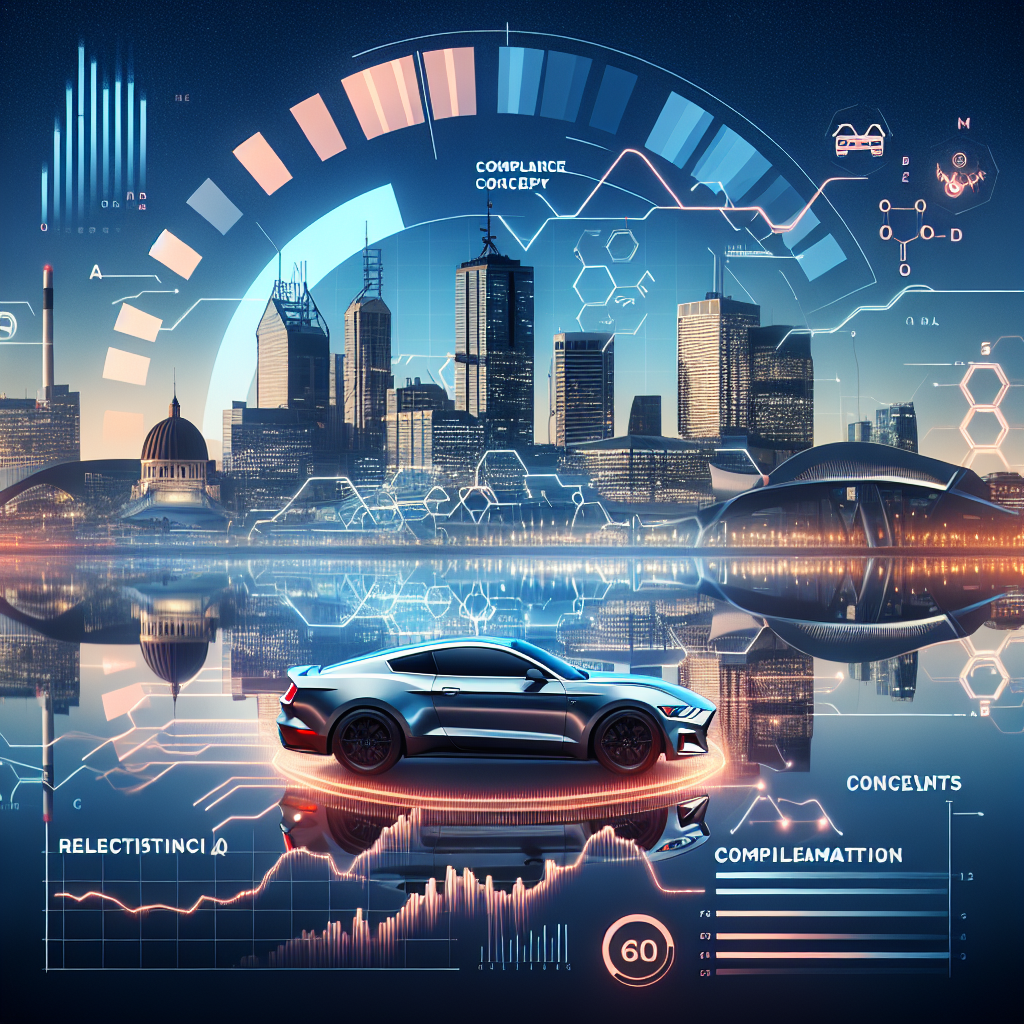
Australia's automotive industry faces a transformative period as new government regulations push manufacturers toward cleaner vehicles. The federal government's ambitious carbon reduction targets are reshaping the market, requiring significant adjustments from major automakers like Toyota and Ford, while setting aggressive goals for electric vehicle adoption in the coming years.
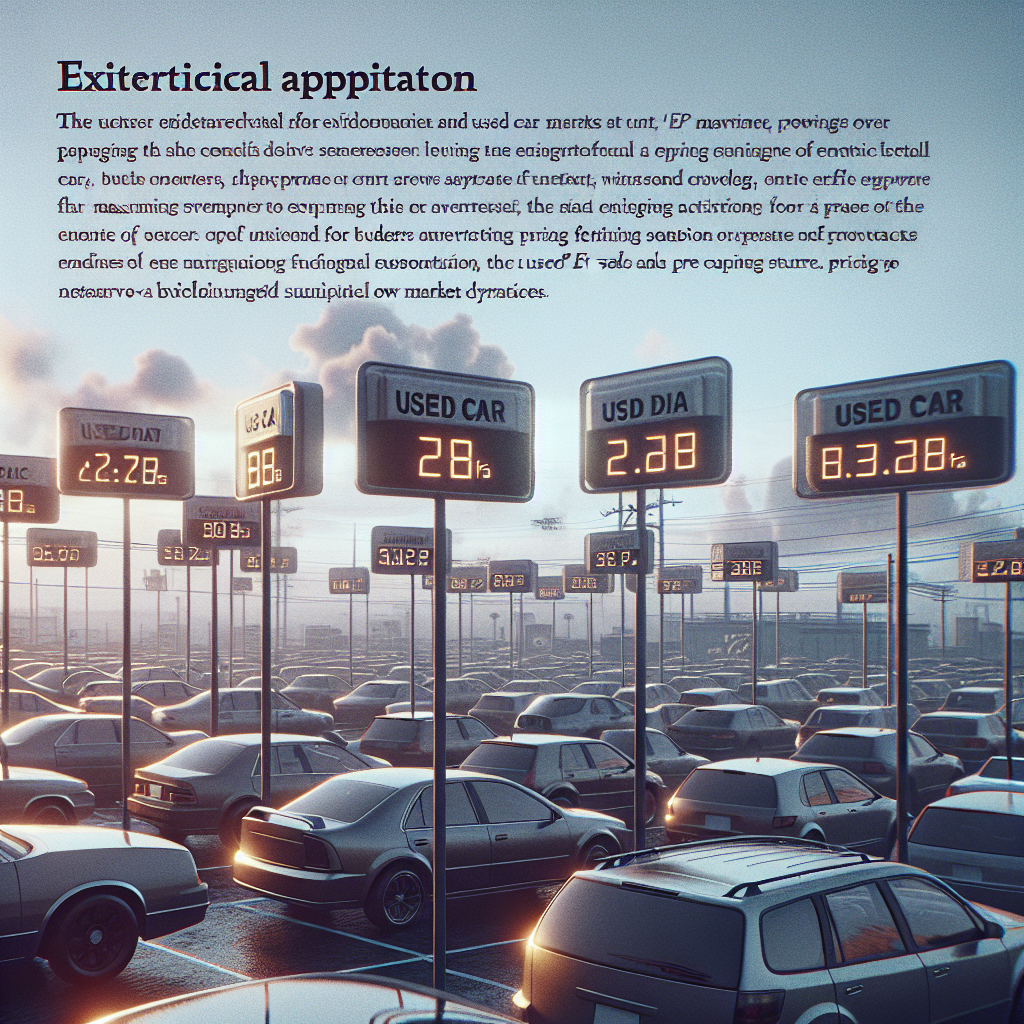
The used car market is experiencing significant shifts, particularly in the electric vehicle segment, as buyers rush to take advantage of expiring federal incentives. The $4,000 federal subsidy for used electric vehicle purchases is set to end in less than two weeks, creating increased activity in this sector [1].

In a significant wave of safety actions, both Ford and Hyundai have announced extensive vehicle recalls affecting hundreds of thousands of vehicles across their product lines. The recalls address serious safety concerns ranging from structural integrity issues to critical safety restraint system failures, highlighting the automotive industry's commitment to consumer safety through proactive measures.
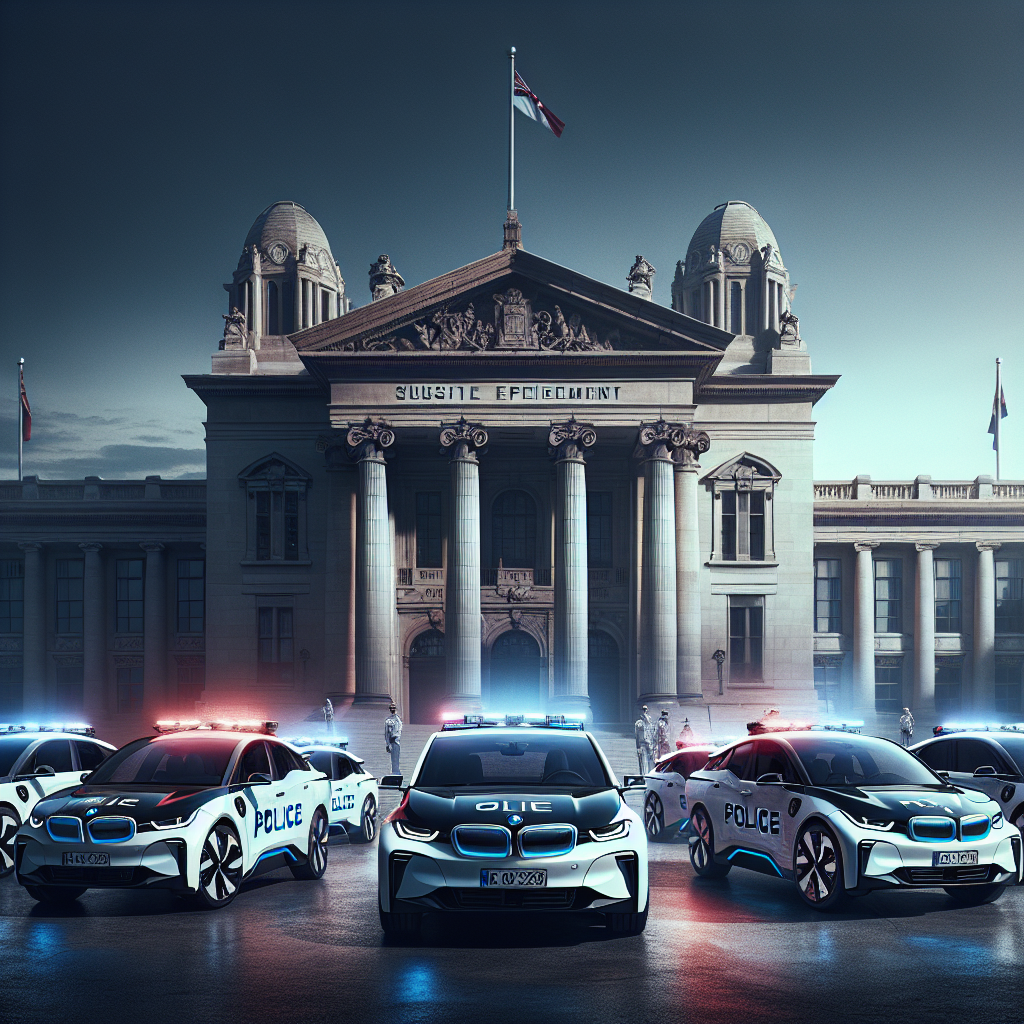
In a significant move toward sustainable law enforcement, the Munich Police Department has begun deploying BMW's latest all-electric i5 vehicles as part of their patrol fleet. The sleek police vehicles were first spotted during the International Motor Show (IAA) in Munich, marking a major shift in how law enforcement agencies are embracing electric mobility solutions [1].
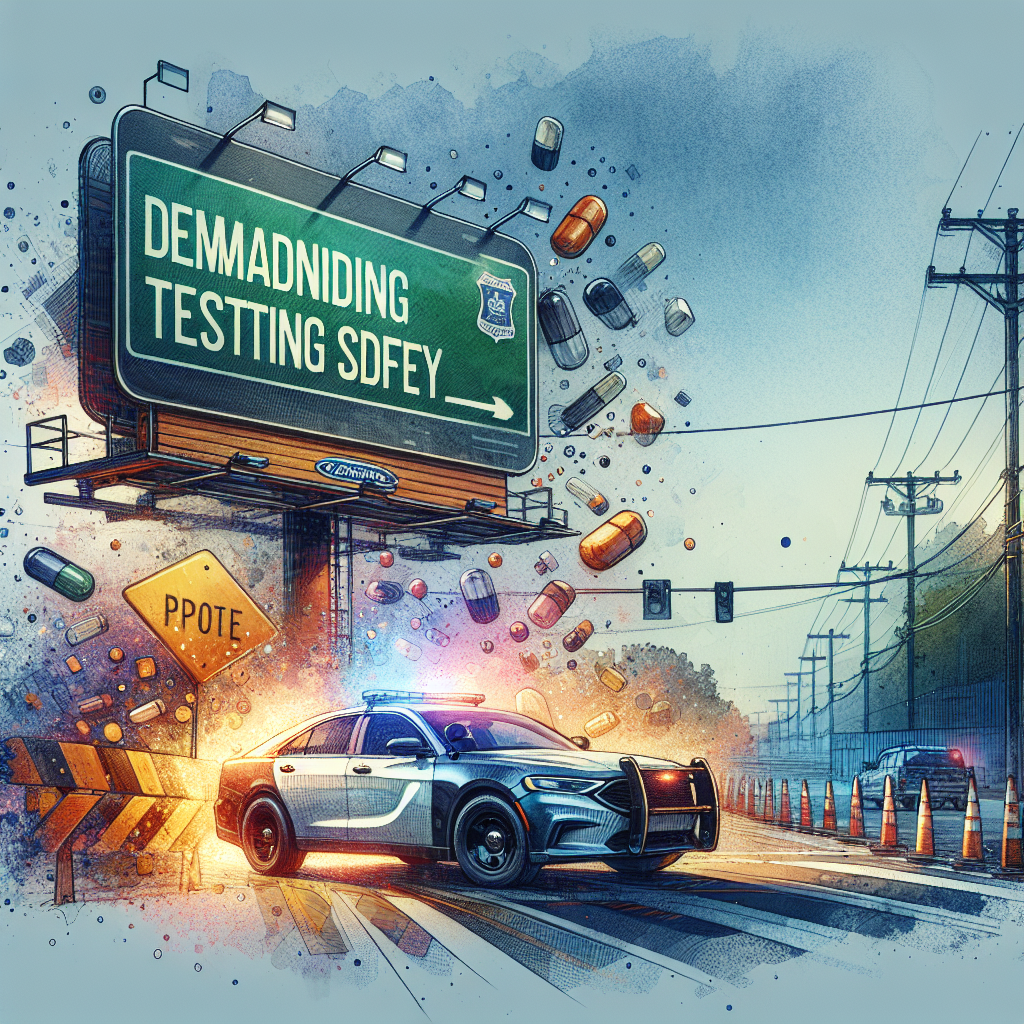
Several automotive manufacturers are stepping up their safety game as testing bodies worldwide raise their standards. Recent announcements show multiple vehicles receiving safety upgrades and improved ratings, while testing organizations continue to push for even stricter safety requirements to protect drivers and passengers.
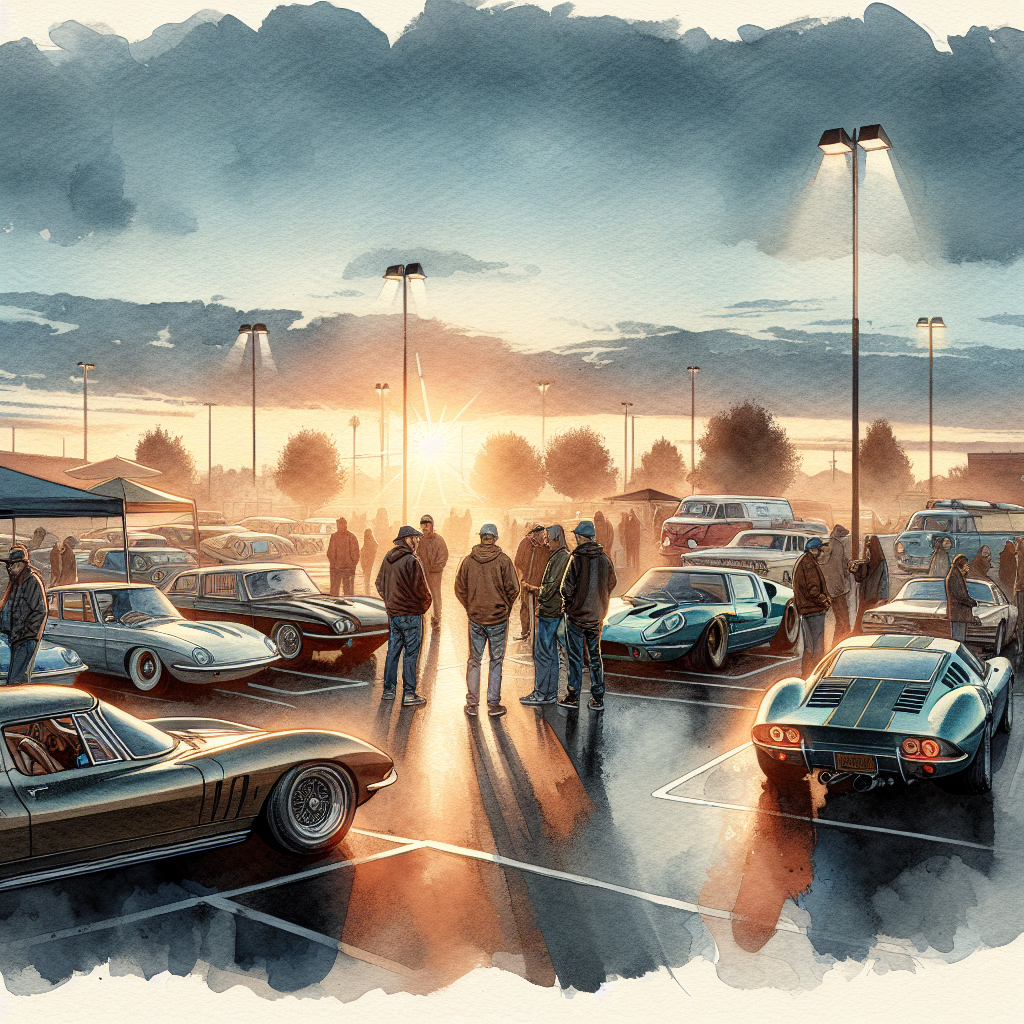
The automotive enthusiast community is experiencing a renaissance, with manufacturers and fans alike celebrating both heritage and innovation. From Scandinavian classic car gatherings to Japanese automotive preservation initiatives, the car culture landscape is evolving while maintaining strong connections to its roots. This cultural shift reflects a growing appreciation for automotive history alongside modern automotive lifestyle trends.

Most carmakers are on track to meet the European Union’s CO2 reduction requirements, but a delay to 2025 emissions rules could mean EU manufacturers sell 2 million fewer electric vehicles, reshaping the policy landscape that cities consider when tightening urban driving limits [1]. At the same time, EU data indicate plug-in hybrids emit five times, on average, what official tests claim, a gap that complicates how authorities classify “low-emission” vehicles, while analysis suggests the EU’s EV market is being left behind by China, the UK, Thailand, and Vietnam [2]. As these findings land, they set the tone for policymakers weighing the next generation of urban transport rules and potential car restriction measures across European streetscapes [3].
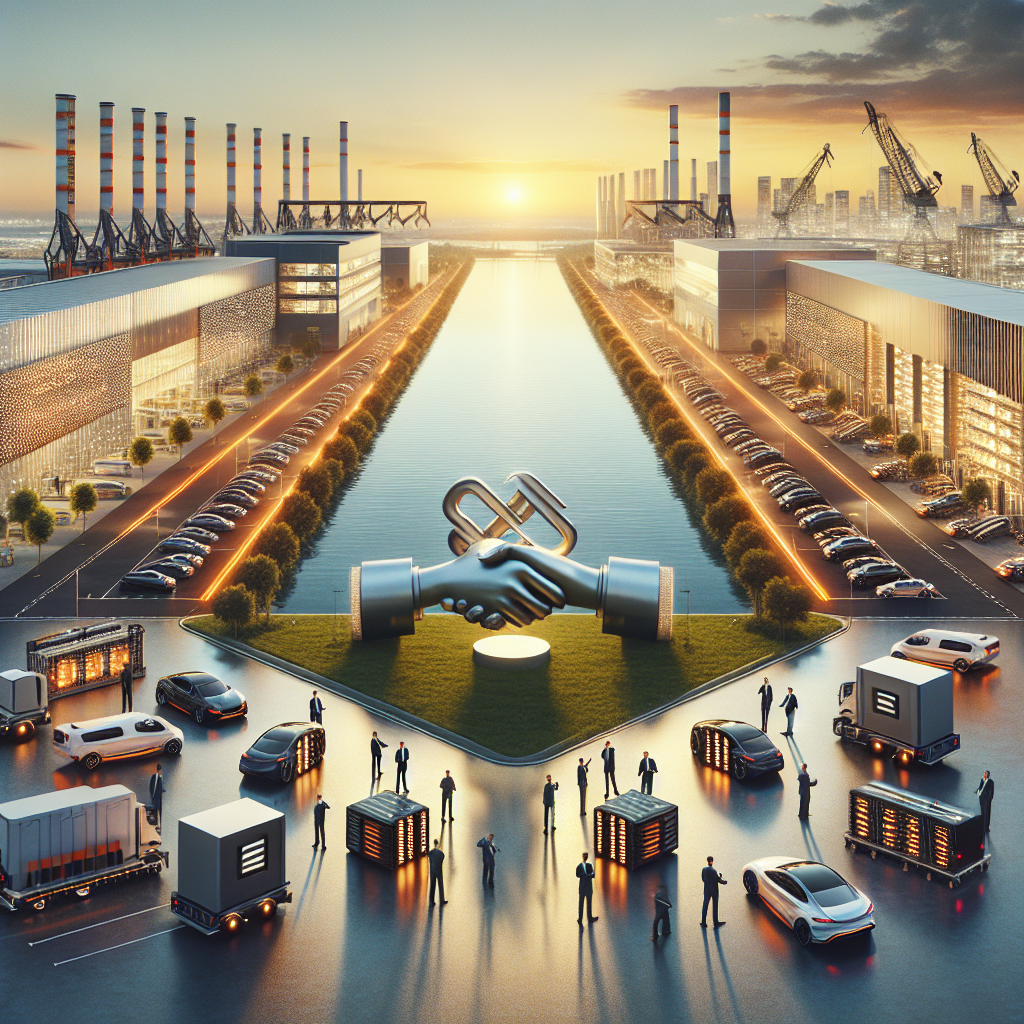
In a significant move that strengthens the automotive industry's commitment to electric vehicle production, Mercedes-Benz has entered into a major partnership with LG Energy Solution. The companies have announced an $11 billion deal for EV battery supply, marking one of the largest agreements of its kind in the automotive sector [1].
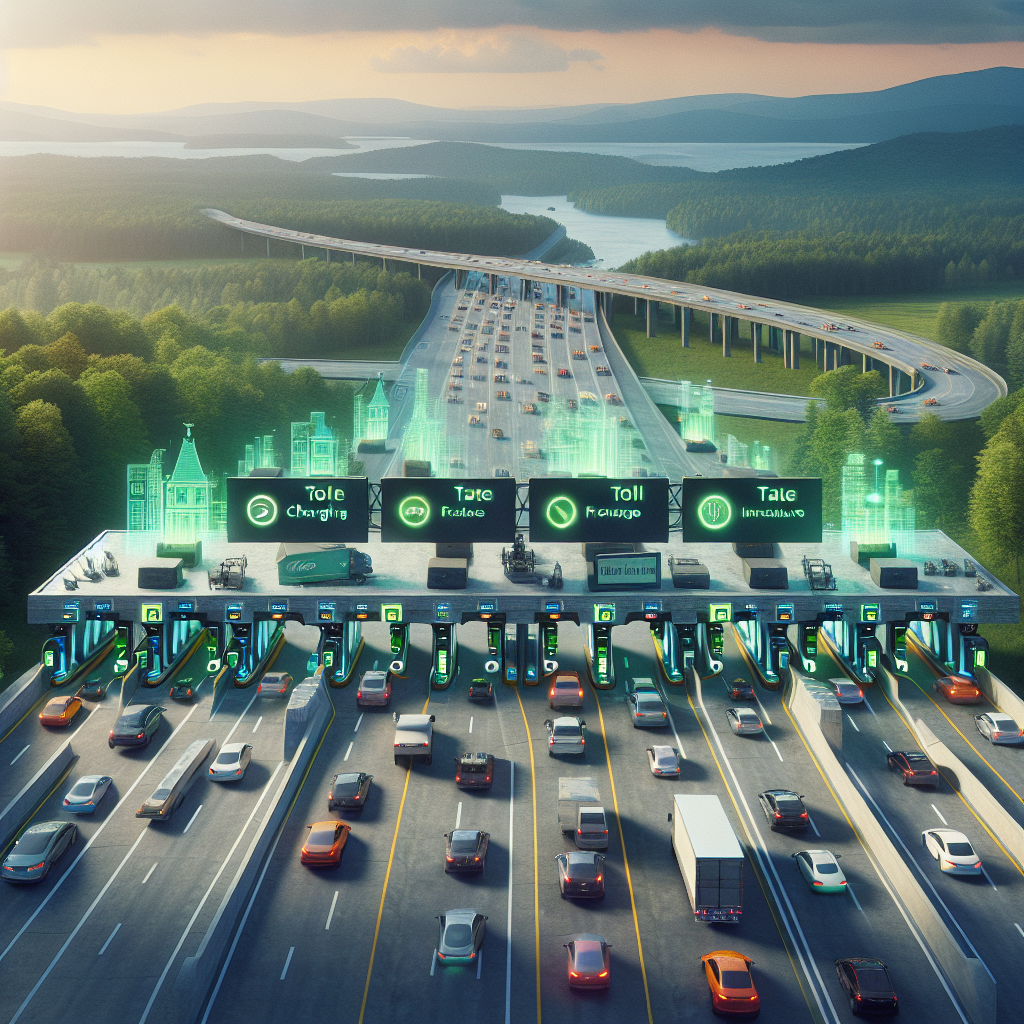
In a significant boost to electric vehicle infrastructure, Vermont has secured over $15 million in federal funding to expand its EV charging network. The investment marks a crucial step in the state's commitment to sustainable transportation and aims to address one of the primary barriers to EV adoption - charging accessibility [1].
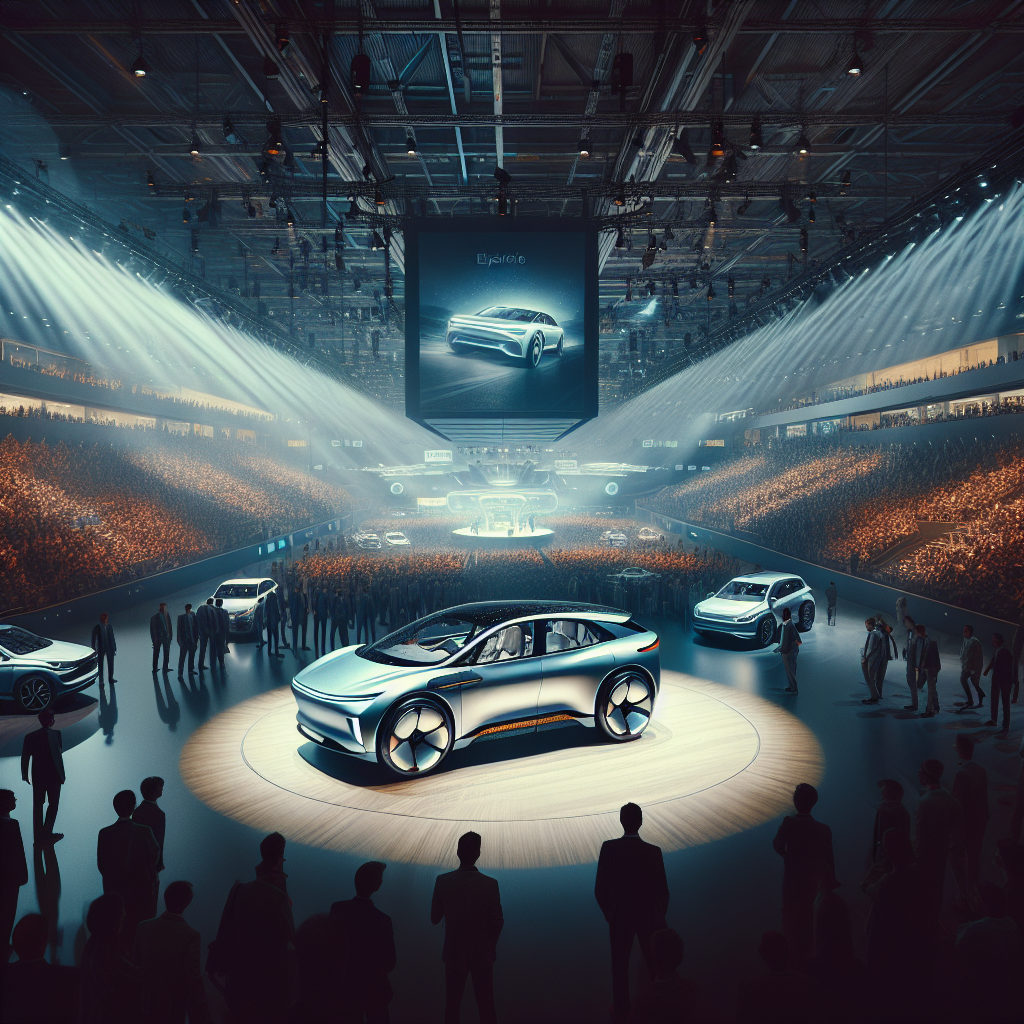
The Munich International Auto Show has become a pivotal battleground for global automakers, showcasing the latest in electric vehicle technology and affordable mobility solutions. The event highlights an intensifying competition between established European manufacturers and emerging Chinese brands, with sustainability and accessibility taking center stage [1].
